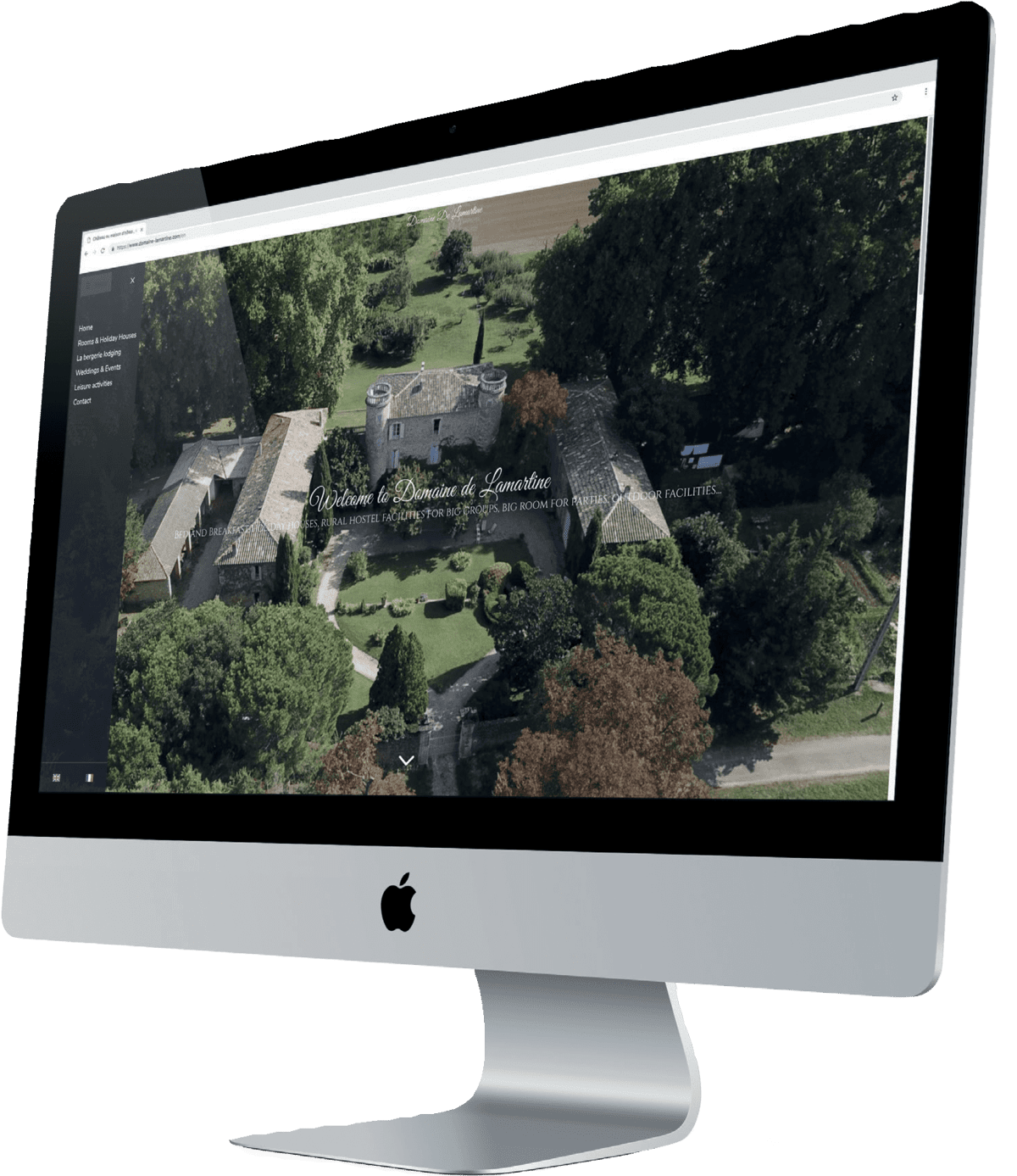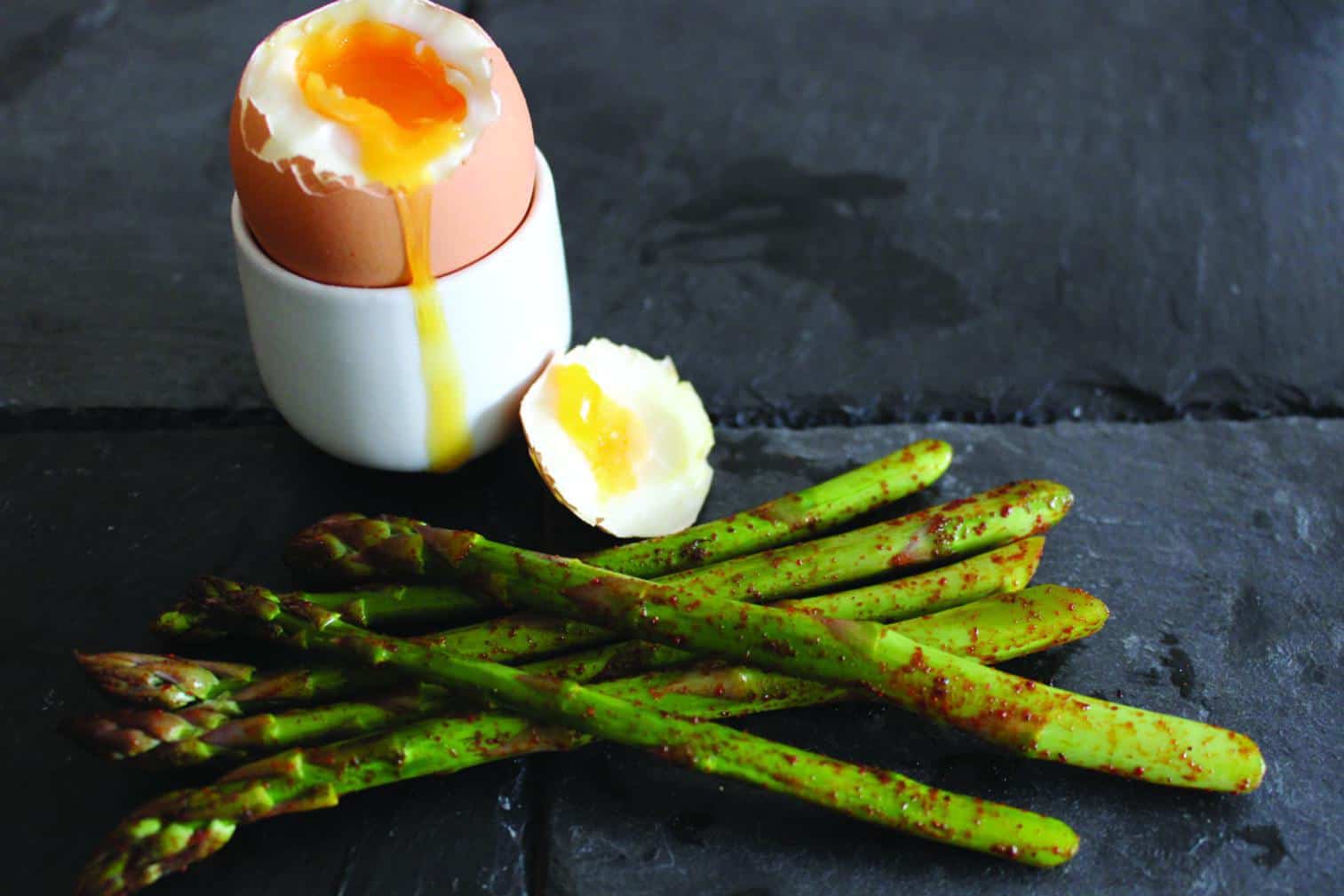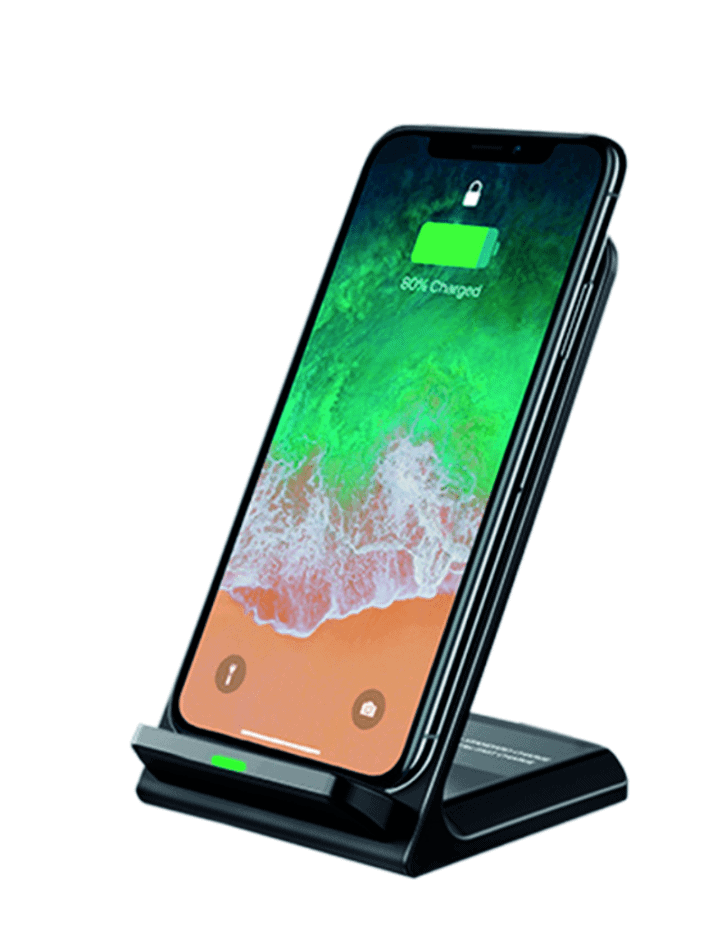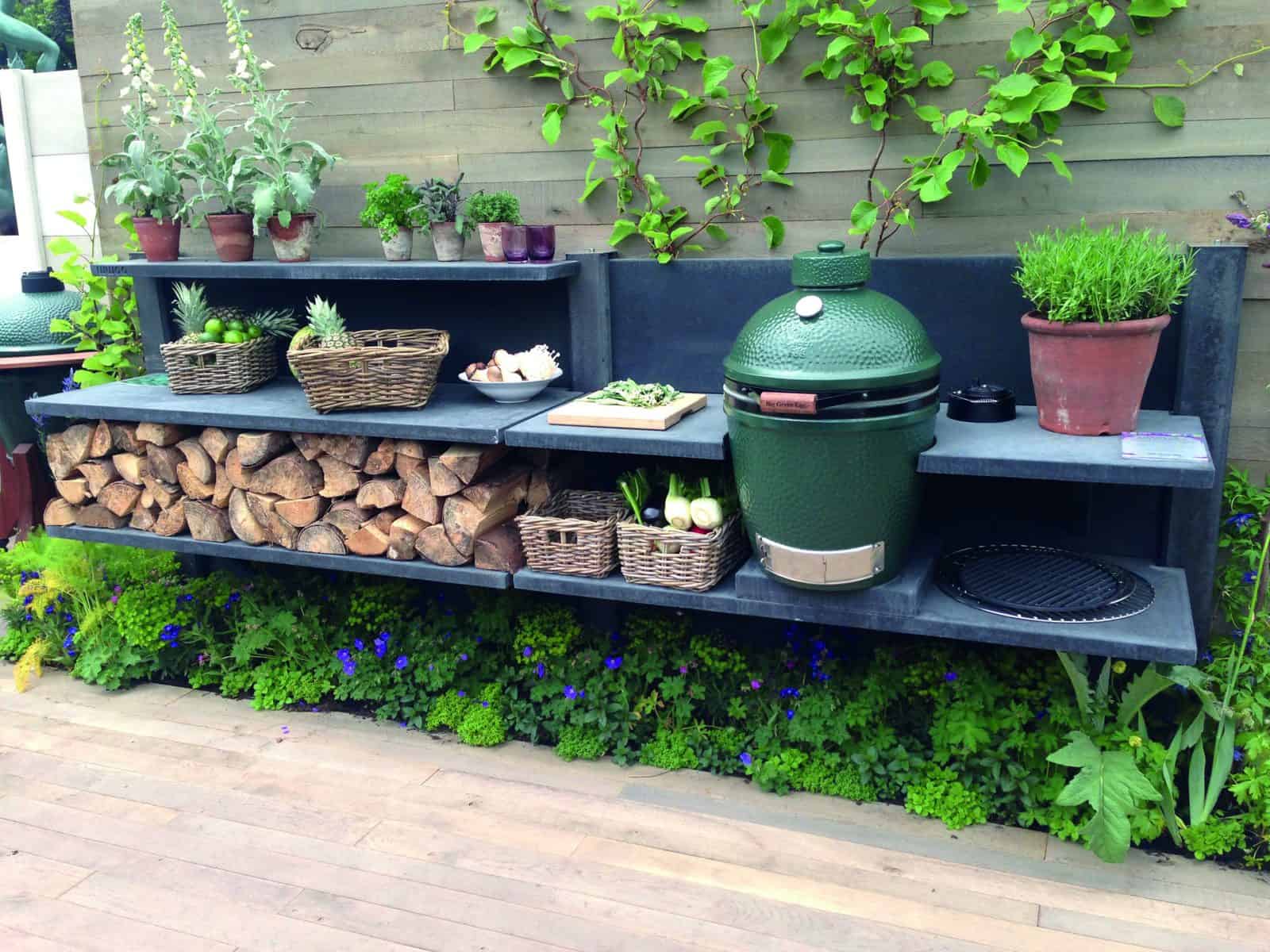
Your website is the gateway to the world. It follows that you should pay it the attention your property deserves.
The purpose of an effective website is to show off your property, convey the amenities you offer and the places to go to and things to see nearby, while inspiring potential guests with the confidence to book with you direct.
The reality is that getting to such a point is fraught with confusion. Technology is still not an area of specialisation among many B&B owners. Many know a friend or a friend of a friend whom they will have employed for the one-off task of creating the property’s website. Getting from no online presence to having a website is one thing, but having one that has invalid information or a lack of up to date attractive images is going to be of little help to your business. And the friend you got to set it up may not have the time to devote to updating the site.
Alternatively, you may have invested in a professional website company but be reluctant to contact them again to carry out the updates you need because the cost is significant.
Amenitiz is a company that builds websites with integrated booking engines for guest houses and independent hoteliers.
Cofounder and CEO Alexandre Guinefolleau tells Luxury Bed & Breakfast: “We see beautiful properties in the middle of the countryside completely renovated and we see beautiful pictures of them, yet when we look at their web- site there are often no pictures on there, or the worst pictures you can imagine that don’t show off any particular aspect of the property.
“The first piece of advice we give to luxury B&Bs is to add as many pictures as you can. When you book a break at such a place you want to feel close to the house you are going to stay in, you want to see where it is you’ll be staying. If you just wanted a place to sleep you wouldn’t be going to a B&B.”
He stresses the importance of a B&B’s website’s capacity to provide a clear feel for what it is like. “Not every guest is going to have the same taste for your design, or the type of house, so you should have as many pictures as you can up on your website. That’s the number one advice we give to all our B&B clients: pictures, pictures and more pictures.”
One of the main gripes of many B&B owners is that if you type in the name of their property into a search engine you often have to scroll down through the screen to find them, typically after the property’s listing under an online travel agent such as Booking.com or Expedia. This is addressed with search engine optimisation (SEO).
SEO is not something you should review once and assume it is going to help you for- ever. “If you are a small B&B, you aren’t trying to compete with Apple or Microsoft but you are doing so instead at local level,” he says.
He insists that there is no need for you to appoint a specialist SEO company to help you out.
“It is important to have great content about the B&B, but also clear information about the surrounding area. Most potential guests are going to be looking for a B&B in a certain region or location, or with certain outdoor facilities. Therefore it is highly advisable for you to include one or two pages on your website that describe the area around you with very specific words.”
If you are in coastal South Wales, for example, he suggests drawing attention on your website to the beaches within reach of your B&B. “Having a couple of pages featuring great content about the area where you are located will help you when people are looking for a B&B in that region,” he says.
You should then have a short description of the website itself. “The benefits of this are two-fold,” he says. “It will help Google decide if you are relevant to a particular Google search, and it is a great way for you to persuade someone that is looking for a B&B in a particular location. Therefore convincing your guests actually starts before they reach your website.
PITFALLS TO AVOID
One of the key pitfalls he says is cluttering a website. “Don’t make your website too con- fusing. Some of the websites we see have two dozen different links, two dozen sub-links all directing you to another page.
“If you are a guest just looking for a nice B&B, you want to see a maximum of perhaps five or six pages with all the information you are looking for at once. You want for example to have a page with a gallery, a page with pricing, a page on the surroundings and activities, but potential guests don’t want to be drawn into a lot of information. The chances are a guest is going to spend a maximum of five minutes exploring your website. More information will be more confusing than helpful.”
He emphasises that it is important to keep your website up to date, whether it be with new pricing, developments, renovations, new activities, discounts or partnerships with local companies or tourist operators.
Guinefolleau says: “One of the main issues that hinders B&B owners in their desire to keep their website up to date is the fact that any changes need to be made by a third party such as the company or individual that created the website in the first place. Often B&B websites remain unchanged literally for years after perhaps a friend of the owner created it who is now too busy to help out.
“What we find that most of our clients want to have the ability to modify their website yourself. This means that it is always up to date, and that they can always add pictures.
“If you choose to go with a developer then anything you want to change is going to cost you, whereas if you use a company like Amenitiz then you can modify and make any changes yourself, which makes a huge difference. Thanks to our intuitive block system, building your website and making it evolve when you want is very easy,” he says.
He describes how one of his clients recently had a beautiful B&B and a really fancy website that had been created by an actual designer. “We told him we might not be able to redo the site to the same level of design as at present. And he said he didn’t care – he said he valued the ability to be able to make changes himself over a fanciful website. It is all about taking control,” he concludes.
TOP TIPS
Website consultant and social media guru John Macdonald has a checklist of tips to fol- low. He tells Luxury Bed & Breakfast magazine: “First off, make your website tell a story.”
Estimates vary, but it’s thought that around 60% of bookings for guesthouses, hotels and B&Bs are made via the Internet, he says.
“Your website should therefore be rich with original, compelling content. This is easier than you think: you just have to tell a story to guide your prospective guest through the entire experience of your B&B.”
First of all, however, he says you must establish the profile of your guest and target the demographic that engages most frequently with you online.
“This may be golfers, hikers, retired couples, families. Having identified this you must then generate online content to engage most effectively with the people of this demographic. Doing so through social media will help encourage traffic to your website and increase conversions.”
The next tip is to restrict your website to one topic per page. He says: “This will help enable your potential guest to engage with your website and therefore with you.
“Use key words throughout each page to highlight its purpose. Use appropriate imagery, keep it simple and uncluttered and inclusive words such as ‘our’ and ‘your’ to help build the relationship,” he says.
Video content will provide an invaluable boost to your website, he contends. “You- Tube is estimated to be growing in popularity by 50% year on year, and all social media channels now enable video hosting on their platforms. But keep the video short. Typically viewers will switch off after less than 20 seconds,” says Macdonald.
Equally important to the website is the feedback your receive from your guests and the way in which you respond to it.
“Treat your satisfied customers as brand ambassadors and encourage them to leave online reviews,” he says. “Some 95% of guests are believed to allow their decision as to where to book to be influenced by reviews. Crucially, respond politely to all reviews – even the one-stars,” he concludes.
GUEST EXPECTATIONS KEEP GROWING
When you enter a hotel, guesthouse or B&B website for a weekend break, a family trip or a business meeting, chances are the contents will be exactly the same. In fact, one could argue that a downloadable PDF might be almost the same experience, according to Avvio head of marketing Chris Rose.
“Hotel and other accommodation web- sites, still today, are often mere online versions of brochures, to which a booking engine has been attached. Potential guests are shown a lot of static, yet gorgeous, con- tent before they eventually click the ‘Book Now’ button, at which point they are taken off to a second system which does the heavy lifting,” he says.
There is nothing personal about it, he stresses. “Nothing even vaguely customised to the guest’s needs. And this is still happening now, in a time when people expect the right movie or product to be suggested to them without even searching for it. According to Pepijn Rijvers, Booking.com’s CMO, ‘50% of Alibaba turnover last year was generated through personalised promotions, while only a small volume came through search’. Not to mention Google search, Facebook, Twitter and thousands of other personal recommendations, triggered automatically and without any active user interaction.”
Online Travel Agencies (OTAs) have long since dropped this static approach, he says. “They tailor everything based on what their system thinks you want to see next. While, obviously, your property’s website can’t compete on all fronts, it should, at least, be able to tailor the experience around their potential guests’ needs.”
IMPROVING THE DIRECT BOOKING EXPERIENCE
In 2009 Avvio embarked on a research and development project to experiment with artificial intelligence (AI) and personalisation, and to assess how they could be used to improve the direct booking experience. At the time Booking.com was not yet very well-known outside of Europe, the iPhone had only been around for a couple of years, and cloud-computing was mainly a buzzword.
Rose says: “Our initial goal was to prove that a hotel website could (and should) be much more than a mere digital copy of a brochure. We felt that hotel websites needed to move out of the passive brochure model into something much more personalised that could make a much better use of all the technologies available.
“Over the years, we have learned a lot. Today, Avvio’s booking engine technology and web design are among the most advanced personalisation platforms available in the hotel industry.
“We believed that guest house and other accommodation websites could dynamically adjust based on the users’ intent and answer their needs, rather than merely try to force them toward the ‘Book Now’ but- ton. By doing so, we could finally transform e-commerce websites into communication systems, able to answer guests’ questions or suggest pertinent information for their stay. If, for example, a guest returned to the website after having been on the rooms’ page earlier, it would be way more pertinent to inform about other services (such as your restaurant specials), or suggestions about what to do in the area according to the reason of their stay. It is not about how complex we can make it, but how intuitive it can become for the guest.”
Today, he says, there is an expectation by customers, that companies should be able to predict and personalise messages based on their needs. Imagine a female user logging on to Amazon and being shown only men’s products. “We expect personalisation to the point where non-personalised experiences are considered insulting.”
When looking back, it is easy to identify some of the pivotal moments that redefined travel search. During the mid-90s, for example, search engine ranking algorithms were much simpler and less efficient than today. “Ironically, this weakness created an opportunity that some exploited (‘Black Hat Techniques’, we would call them today). These SEO golden years, eventually, came to an abrupt conclusion once search engines started to get smarter and started personalising search engine results based on preferences, history, location and many more factors,” he says.
Eventually, hotels had to adapt to this optimisation – by paying for search ads – to keep in-line with the times.
More recently, with Google openly increasing Hotel Ads visibility at the expense of both Google Ads and organic results, TripAdvisor moving to a news feed approach à-la-Face- book, and OTAs undercutting brand.com offers with B2B2C rates, independent hotels are facing yet new challenges and increased acquisition costs.
“In almost a decade of work, tests and implementations in creating the world’s first AI powered booking platform Allora, we can confidently safely say, these are the principles to follow,” says Rose.
“Our advice for hoteliers, accommodation providers, agencies and digital marketing managers is simple. Regard- less of the technology you’re using, you have to start the personalisation journey now. It takes time to build the right models that work for your property.
“Start building it out today. Start small with little actions that can be personalised now, then grow bit by bit. Excellent service starts with recognising the guest and their individuality.
One of the first points of contact they have with you is your website. And as the saying goes, you don’t have a second chance to make a good first impression,” he concludes.
This feature was first published in the November 2018 issue of Luxury B&B Magazine



